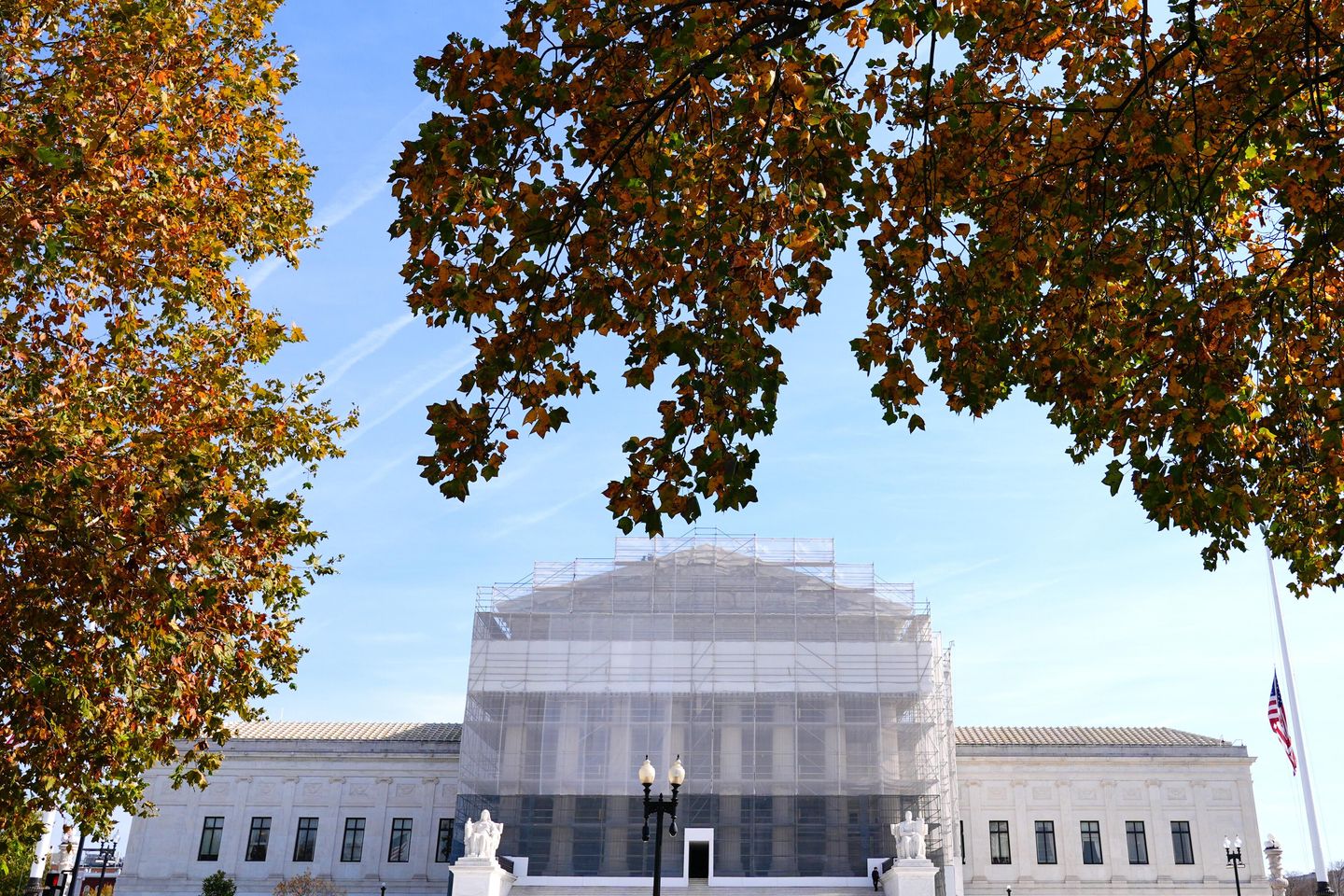
The Supreme Court on Monday heard arguments over whether a Louisiana inmate who was forced to shave his head against his religious beliefs can sue the guards for damages.
Damon Landor, a Rastafarian inmate, had let his dreadlocks grow to knee-length, known as “the Nazarite Vow,” according to his court filing.
Landor reported to the Raymond Laborde Correctional Facility in 2020 to serve a five-month sentence for drug possession, carrying a copy of a 2017 federal court decision upholding his Religious Land Use and Institutionalized Persons Act claim to keep his hair. The guards discarded the court order and shaved his head.
The 5th U.S. Circuit Court of Appeals had reasoned that Landor could not sue the prison officials as individuals to collect damages.
He appealed, and the justices took up his dispute Monday.
“It is undisputed that my client has alleged an assault that is just brazenly illegal,” said Zachary Tripp, Landor’s lawyer.
“He was at Respondents’ mercy in federally funded custody when he handed them a copy of controlling precedent holding that [the law] protected his right to keep his hair long. They threw it away, handcuffed him to a chair, and shaved him bald. It is the poster child for a [Religious Land Use and Institutionalized Persons Act] violation, and the law provides a damages remedy,” he said.
Justice Elena Kagan seemed open to allowing Landor to sue the guards to collect on his religious violation.
“I mean, we just take for granted that, of course, you can bring a suit against a state employee,” said Justice Kagan, an Obama appointee. “It would — and then it’s like why would the rule be any different under RLUIPA?”
Congress passed the Religious Land Use and Institutionalized Persons Act in 2000 to protect individuals’ religious rights in certain institutions — like prisons and houses of worship.
But Justice Neil M. Gorsuch questioned that if Landor can sue, what would stop girls from suing school officials for violating their rights when competing against transgender students in sports.
“In terms of, for example, the — the student athlete. They might well be germane to a concern about discrimination against women that — that a federal funding program might well take into account under Title XI, for example, or the employee for — for the Health and Human Services, that might — a pro-life Congress might well think that germane and we might well find it so,” said Justice Gorsuch, a Trump appointee.
Louisiana Solicitor General J. Benjamin Aguinaga, representing the Louisiana Department of Corrections and Public Safety, said the law doesn’t give a right to collect damages and it would be up to Congress to correct that — not the court.
“RLUIPA does not clearly and unambiguously create an individual capacity cause of action for damages,” Mr. Aguinaga said. “The answer is across the street, not here.”
The case is Damon Landor v. Louisiana Department of Corrections and Public Safety.
A decision is expected by the end of June.










